Block Format letter
Review Rating Score
What is Block Format?
The most common layout of a professional business letter is known as Block Format (or ‘Full block’). It is the easiest format to use and simplest to set up in your word processing program, such as MS Word: Using this format, the entire letter from beginning to the end of the letter, including your contact information, the date, the employer’s contact information, the body of the letter, and the greeting and closing, signature, is all left-justified. Also, in block format, the content on the page is single-spaced, except for a double space between each paragraph (as well as space above and below the date, above and below the salutation and signature). This gives a clean and professional look to your letter. The block format is perfect for a cover letter created to accompany a resume as part of a job application. Keep reading to learn more about block format cover letters and review examples and templates.
What is Modified Block Format?
Another commonly used letter format is known as the modified block format, in which the body of the letter and the sender's and recipient's addresses are left justified and single-spaced. However, the difference with a Block format, is that in Modified Block format, the date and closing, have a tab to the center point of the letter, and that is where you begin to type. It is more suitable to use this format on less formal occasions.
What is Semi-Block Format?
The last and less commonly used letter style is the Semi-Block format. It is like the modified block style except that each paragraph is indented instead of left-justified. Semi-block letters are like 'Modified block letters', with the exception the paragraphs are indented. Modified semi-block business letters are considered a little less formal than full block letters.
Keep in mind that different organizations have different format requirements for their professional communication. While the examples provided contain common elements for the basic business letter (genre expectations), the format of your business letter may need to be flexible to reflect variables like letterheads and templates. Our examples are merely guiding.
If the format matters a lot to the recipient, for example in the Financial or Legal work field, consider consulting a local business writing handbook or do a query on a search engine on the internet, to find more details about the common best practices. if you have any questions or doubt the accuracy of this document for your situation.
Write convincing content
However, the format is very important. The content of a professional letter is even a more critical component of making an impact and of doing a successful business. They introduce your capabilities and expertise and need to do this in a convincing way. Clients or Project owners will often firstly receive your letter or email communication before they decide to set up a meeting. It is essential that your letter reflects your experience and skills as they relate to the question or situation that they (help to) solve.
General suggestions
- The first rule of writing is to know your audience, therefore research the company, their situation.
- Ideally on one-page (3-4 paragraphs), 12 pt. font, 2.54cm (1"- .5”) borders.
- Focus on the needs of the company instead of your own needs and wants.
- Your letter needs to contain the right facts, reasons, and examples to support your position.
- Use specific examples and show you are well informed.
- Do not simply restate your brochure or enclosures – expand on it.
- Elaborate on the most important requirements of the business or project.
- Always write in a professional, formal, and passionate manner – no slang or abbreviations.
- Print your cover letter on the same paper as your resume.
- Be sure to have someone proofread your cover letter before sending it.
- Use the same heading as your resume including your contact information.
- You may use a similar business letter for multiple projects or for sales purposes, however, you must be sure you modify all the necessary variables and do not leave wrong references.
- Address business letters to a specific person rather than a department or a generic title. Be sure to spell the name(s) correctly, and with the right gender of the person.
Download this Block Letter format guidelines now for your reference, and learn how to write a professional business letter, what other business formats are out there, such as Modified Block Format, Semi Block Format, and how to format them the right way for the right occasion.
Is the template content above helpful?
Thanks for letting us know!
Reviews
Daphne Montens(3/21/2022)
Very useful business letter explainer
Len Hensley(1/18/2021) - NZL
Easy file to download and use
Last modified
Our Latest Blog
- The Importance of Vehicle Inspections in Rent-to-Own Car Agreements
- Setting Up Your E-mail Marketing for Your Business: The Blueprint to Skyrocketing Engagement and Sales
- The Power of Document Templates: Enhancing Efficiency and Streamlining Workflows
- Writing a Great Resume: Tips from a Professional Resume Writer
Template Tags
Need help?
We are standing by to assist you. Please keep in mind we are not licensed attorneys and cannot address any legal related questions.
-
Chat
Online - Email
Send a message
You May Also Like
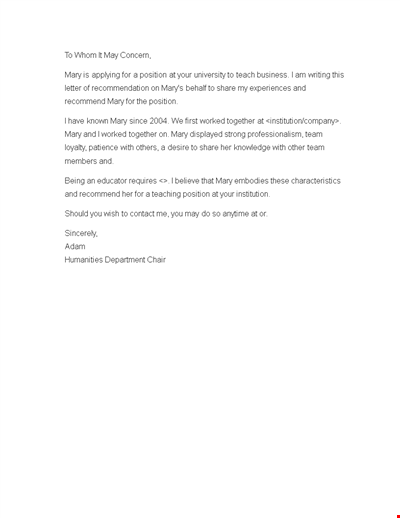
Recommendation Letter for a Position
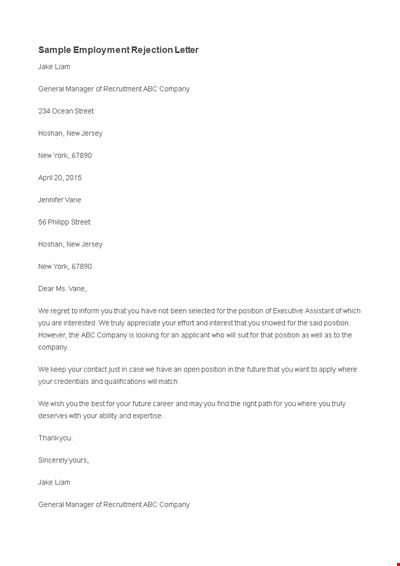
Sample Employment Rejection Letter

Good news letter example
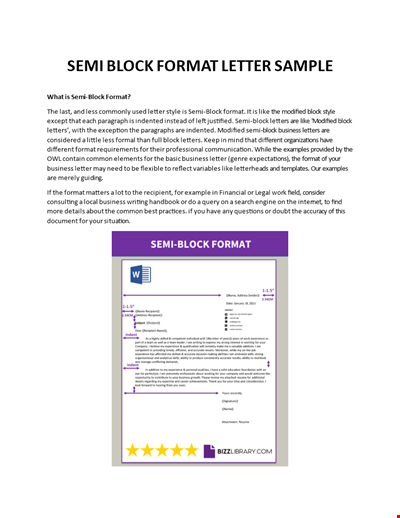
Semi Block Format Letter Template
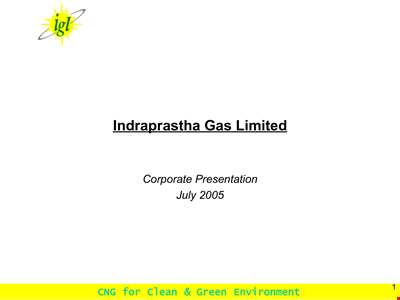
Clean corporate Presentation Template
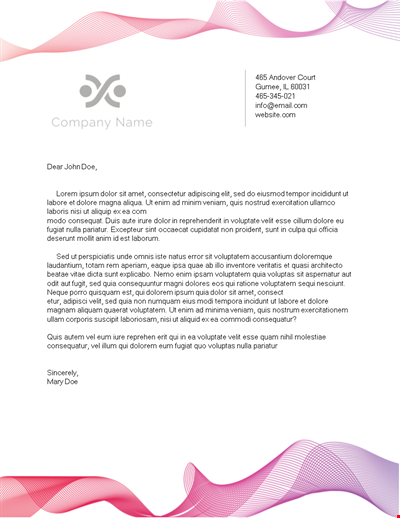
Letterhead Business Word
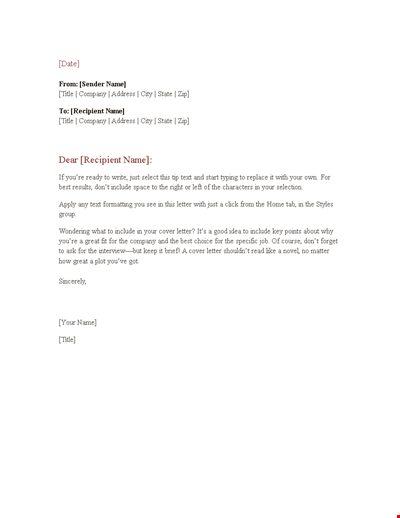
Include and Format Your Formal Business Letter Correctly
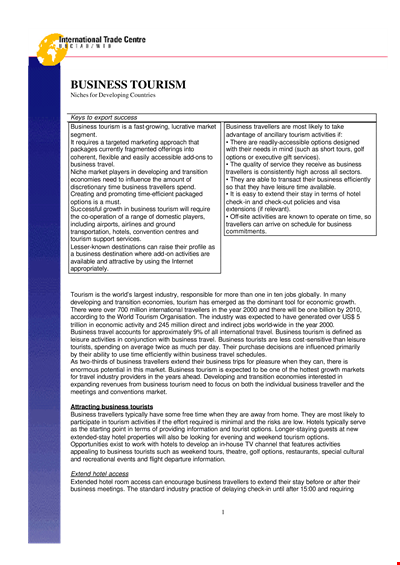
Travel Business Letterhead Format
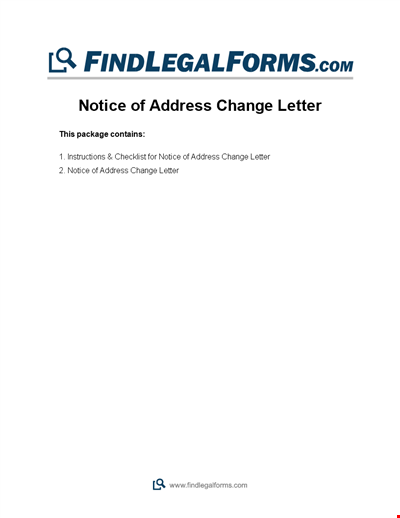
Formal Letter For Change Of Address Format
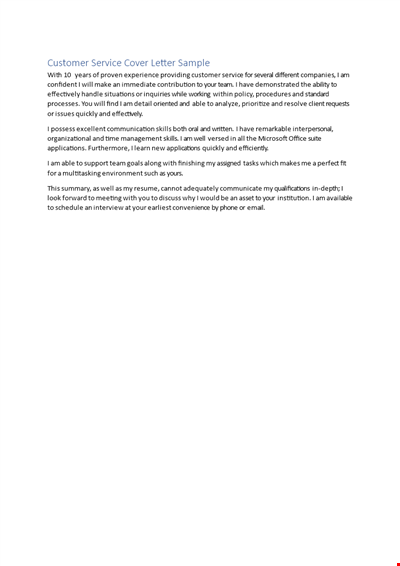
Basic Customer Service Letter Text

White Hat Eulogy Example
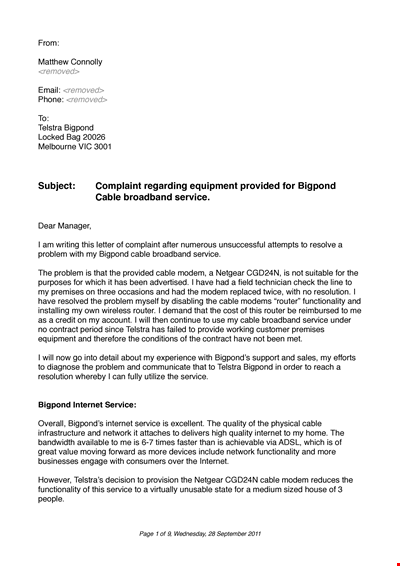
Complaint Letter Format for Poor Internet Service - Improve Your Network, Internet, and Router

Childcare Voucher Template | Get Discounts on Childcare with Vouchers
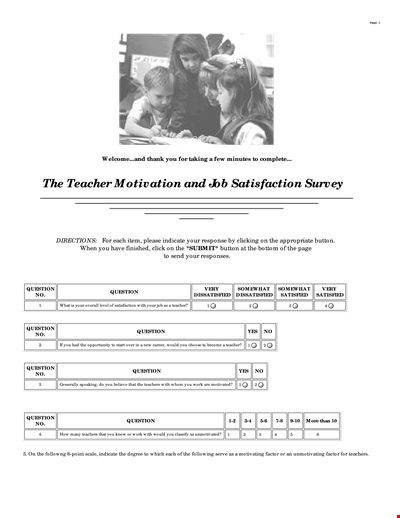
School Teacher Satisfaction Survey: Evaluating Teacher-Student Experience and Years of Service
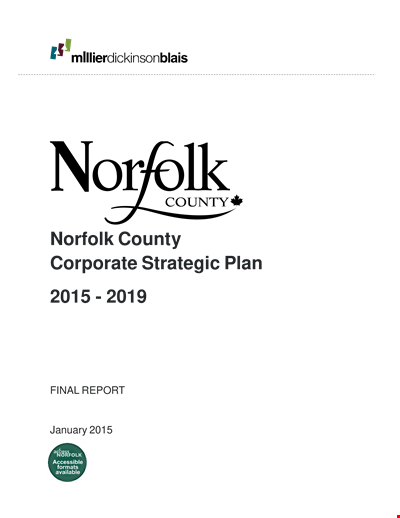
Final Corporate Strategic Plan for Community Strategic County Norfolk
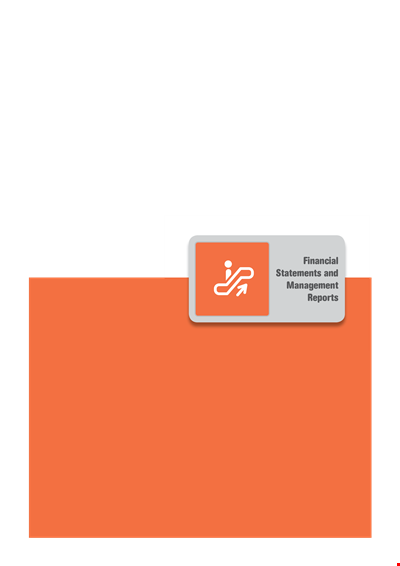
Company and Financial Management - Iberia Group


